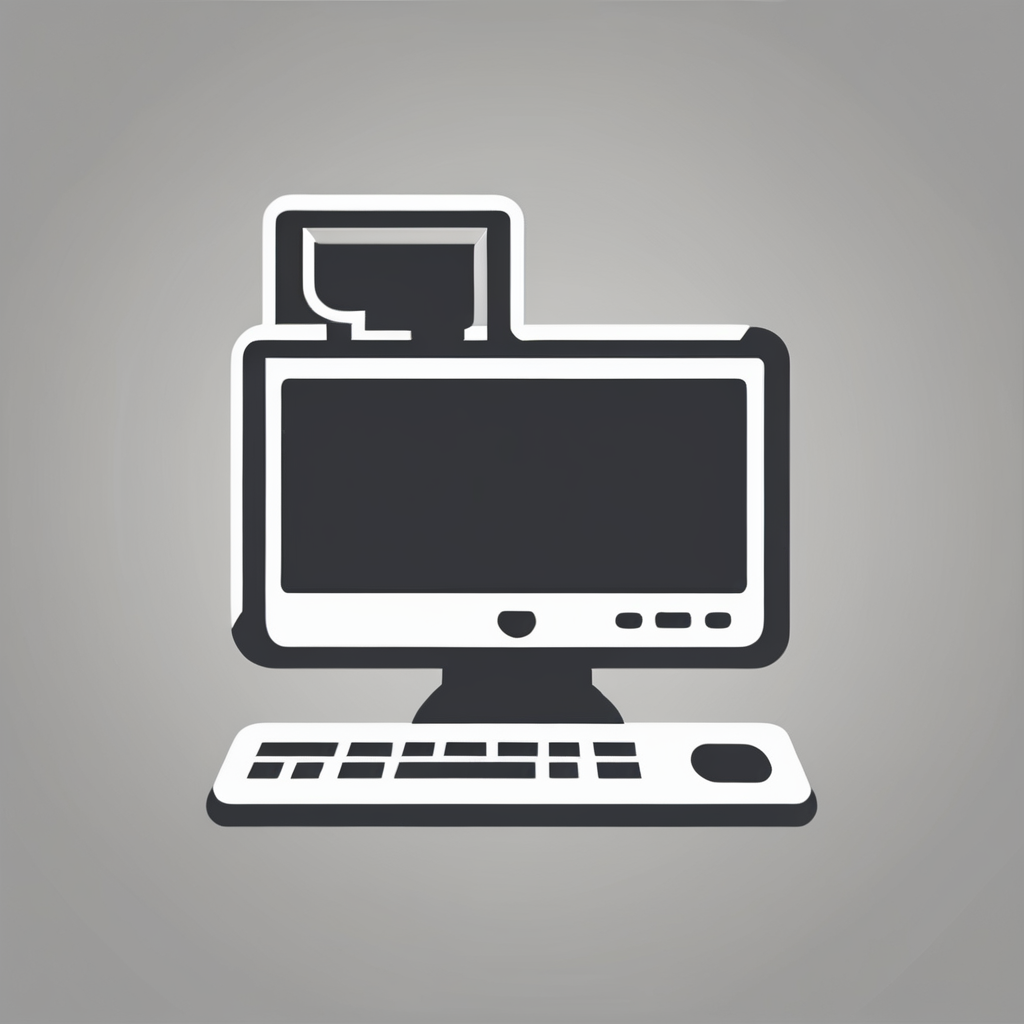Smartphones as Enablers of Remote Work Flexibility
Smartphones have become integral to remote work flexibility across the UK. Their widespread adoption supports the transition to work from home UK setups by enabling seamless communication and access to work resources anywhere, anytime. This mobile technology provides employees with the freedom to manage tasks outside traditional office environments, fostering productivity and work-life balance.
The role of mobile connectivity in these flexible work arrangements is critical. UK smartphones offer reliable internet access through cellular networks and Wi-Fi, allowing workers to remain connected during calls, video conferences, and collaborative projects without geographic constraints. This connectivity eliminates dependence on fixed office infrastructure, opening possibilities for truly flexible scheduling.
Also to discover : How do smartphones enhance the UK’s connectivity infrastructure?
Recent trends underline an increased dependency on smartphones among UK remote workers. Employees frequently rely on their devices for sending emails, accessing cloud-based applications, and managing calendars. This behavioral shift reflects a broader cultural acceptance of mobile technology as essential for professional tasks, further cementing the smartphone’s role as a cornerstone of remote work flexibility in the UK.
Essential Features of Smartphones Facilitating Remote Work
Speed and connectivity drive efficiency
Have you seen this : How are smartphones shaping the future of UK data processing?
In today’s mobile-driven work environment, mobile internet access is fundamental. High-speed connectivity enables seamless communication and real-time data exchange, crucial for remote work success. Without reliable mobile internet, even the best smartphone features for work underperform, disrupting workflows and delaying responses.
Communication apps such as Slack, Zoom, and Teams dominate the landscape for remote collaboration. These tools allow instant messaging, video calls, and file sharing within a single platform, making team interaction more efficient and dynamic. The integration of these apps into smartphones ensures professionals remain connected regardless of location, bridging distance effortlessly.
Smartphone productivity tools complement communication by supporting essential tasks like document management, calendar scheduling, and multitasking. Features such as cloud storage access, split-screen functionality, and intuitive notifications empower users in the UK and beyond to manage workloads effectively on the go. Together, these capabilities make smartphones indispensable for remote work, combining power and portability.
Impact of Smartphones on Collaboration and Work Efficiency
Smartphones have become indispensable tools for work collaboration and boosting productivity, especially within the UK’s workforce. Their role in enhancing teamwork is evident in how effortlessly they enable continuous connection among team members. Through instant messaging apps and video calls, smartphones allow colleagues to communicate in real time, breaking down barriers posed by different locations or time zones.
One key way smartphones improve team collaboration is by facilitating seamless document sharing and access to cloud-based platforms. Employees can review, edit, and collaborate on projects without delay, accelerating decision-making processes. This flexibility supports remote teams in the UK, allowing them to maintain cohesion and deliver consistent results despite working apart.
Statistics show that UK remote teams using smartphones and cloud services experience measurable gains in efficiency. For example, the ability to provide instant feedback during meetings or via messaging apps shortens response times and reduces task duplication. In summary, smartphones serve as crucial enablers of teamwork, supporting smoother workflows and heightened productivity in collaborative environments.
Security Measures and Challenges in Mobile Remote Work
When considering mobile security UK, the challenges of protecting data on smartphones during remote work have become increasingly prominent. Remote work risks arise primarily because smartphones, unlike traditional office computers, are often used over unsecured networks and can be more easily lost or stolen. Ensuring data protection on smartphones is therefore critical to maintaining organizational security.
A robust mobile security approach involves several essential components. First, implementing strong authentication protocols, such as multi-factor authentication (MFA), helps secure logins. This prevents unauthorized access even if login credentials are compromised. Second, device management solutions enable IT teams to monitor, update, and remotely wipe data from smartphones if they are lost or compromised. Third, the use of encryption ensures that any sensitive information stored or transmitted via mobile devices remains unreadable to attackers.
Experts emphasize that managing these security challenges requires ongoing awareness and training for remote employees. Users must understand the importance of secure Wi-Fi connections, cautious installation of apps, and regular updates to security software. By addressing data privacy concerns proactively, companies can reduce remote work risks and safeguard sensitive information effectively in the evolving landscape of mobile security UK.
Real-World Examples and Industry Insights
Understanding UK workforce trends requires looking at how smartphones have become integral to remote work. Many UK businesses have embraced smartphones to maintain productivity outside traditional office environments. For instance, enterprises in consulting and retail sectors equip employees with smartphones to access cloud-based tools, enabling seamless communication and task management regardless of location. These remote work case studies highlight improved responsiveness and flexibility.
Experts predict that smartphones will play an even larger role in the evolving remote workforce. Their portability and increasing functionality make them essential devices, not just for communication but for accessing complex software on the go. Industry leaders emphasize the integration of AI and 5G in smartphones, which will further transform how teams collaborate remotely.
Statistical data underscores this shift: recent reports show a steady rise in the proportion of UK workers using smartphones for remote tasks. This growth correlates with increased productivity and employee satisfaction, reinforcing smartphones as a cornerstone of the modern workforce landscape. These insights collectively illustrate the lasting impact of smartphone adoption on UK remote work dynamics.


